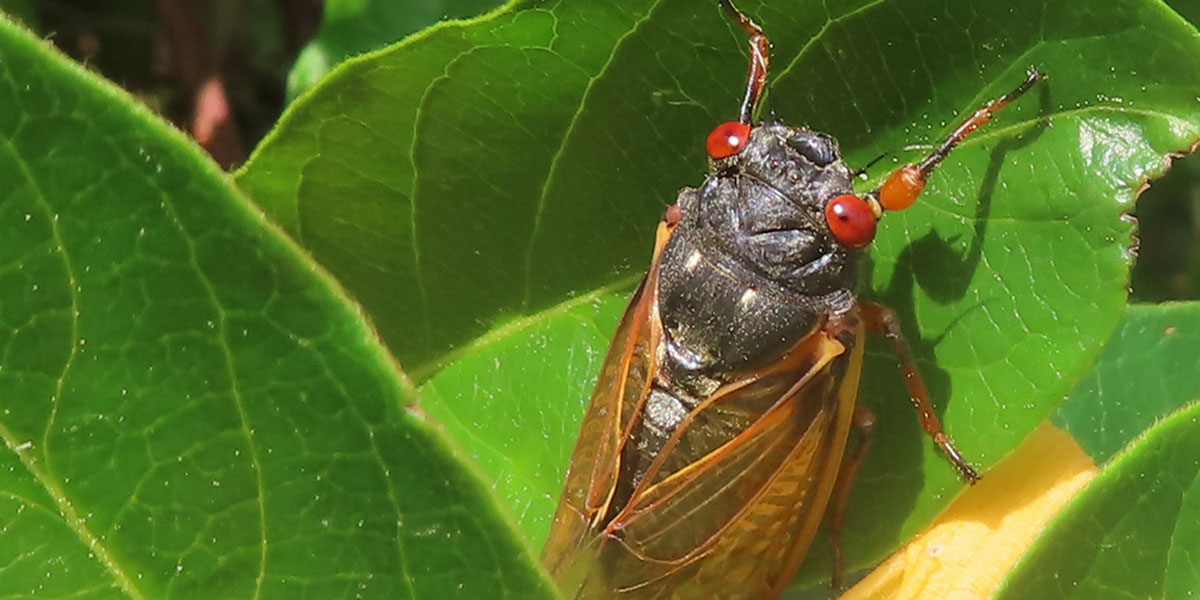Billions of cicadas have emerged across the southeastern United States this spring in a natural phenomenon often referred to as a “super brood.”
The brood, known as the “Great Southern Brood” or Brood XIX, appears once every 13 years when soil temperatures reach approximately 64 degrees Fahrenheit. The insects function above ground for six to eight weeks, mating and laying eggs in trees before dying off.
Dr. John Abbott, an entomologist and chief curator of the University of Alabama Department of museum research and collections, provided some insight into the creatures that seem to have taken over the state in just a few short weeks.
“They are harmless. They cannot bite,” said Abbot. “They can grab ahold of you if you pick them up, but not in any painful or harmful way.”
Abbot noted that cicadas are typically not a threat to plants or crops like some believe.
“Despite the large numbers, they have been feeding on the roots of trees underground for the last 13 years. The adults do feed on the sap of trees, but only in rare situations would they actually do harm to them.”
As for the incessant humming, Abbot assured any who might be concerned that the volume of sound coming from the insects poses no risk to humans.
“I doubt they could damage your hearing, but they can be loud when you are in the middle of a big emergence,” Abbot said. “I have read around 100 decibels, similar to standing next to a lawnmower engine.”
He also dispelled the myth that the sound of cicadas alone draws copperhead snakes.
“The sound does not, but the cicadas presence might. Periodical cicadas emerge in mass to accomplish predator satiation. There are so many that predators can get their fill, but most cicadas survive to go on and reproduce. Because of the large numbers (think all-you-can-eat buffet), they can attract predators including raccoons, coyotes, birds, snakes and more.”
“Copperheads will eat cicadas, so the sheer number of them can be attractive to snakes.”
Austen Shipley is a staff writer for Yellowhammer News. You can follow him on X @Shipley Austen













